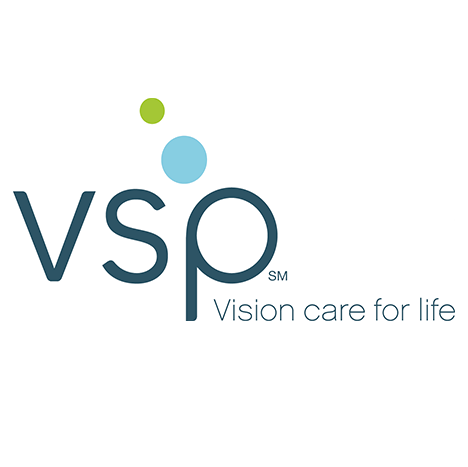Blog
What You Should Know About Intraoperative Aberrometry Before Your Cataract Surgery

What Is Intraoperative Aberrometry?
Yes, that is a mouthful, but the concept isn’t quite as hard as the name.
An Intraoperative Aberrometer is an instrument we can use in the operating room to help us determine the correct power of the implant we...
Read more: What You Should Know About Intraoperative Aberrometry Before Your Cataract Surgery
What to Know about a Freckle in the Eye

Choroidal nevus is the fancy term for a freckle in the back of the eye.
This lesion arises from a collection of cells that make pigment in the choroid, which lines the back of the retina and supplies the retina with nutrients. These choroidal nevi...
13 MORE Eye-Popping Eye Jokes

Ready or not...here are 13 more jokes to make you groan!
1. Patient: "What’s that floater doing in my eye, doctor?" Doctor: “The sidestroke.”
2. Doctor: “Have your eyes ever been checked before?” Patient: “No, they’ve always been hazel.”
3. Why...





